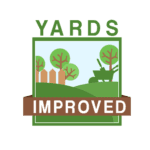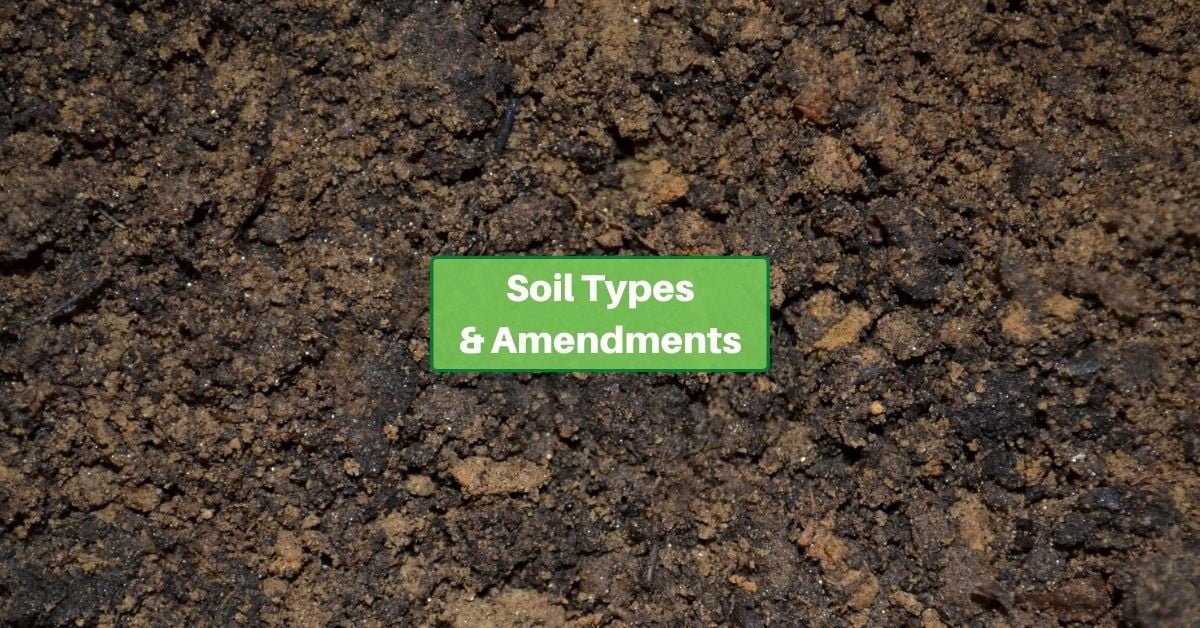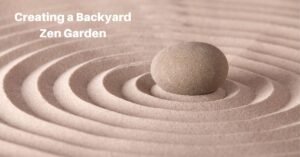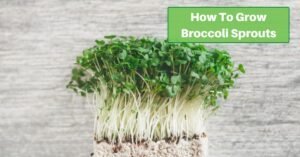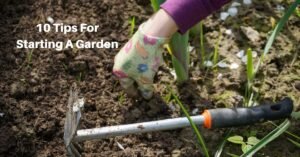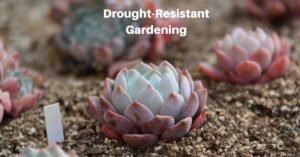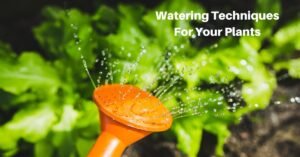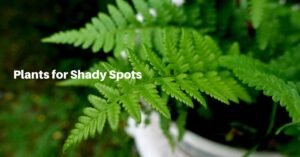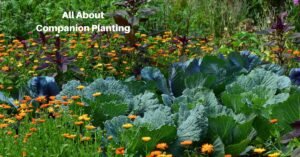Gardening hinges on one fundamental aspect: the soil. The often-overlooked ground beneath our feet is the bedrock of a thriving garden. It’s not merely a medium to hold plants; soil is a living, breathing ecosystem that dictates the health and growth of your garden.
In my years of tending to gardens, I’ve come to understand the nuances of different soil types and how to enhance them. Let’s explore the world beneath the surface and look at the main soil types and how you can treat them to improve your garden.
Understanding the Varied Types of Soil in Home Gardens
Every garden’s story begins with its soil type. Soils are generally classified into four main categories: clay, sandy, loamy, and silt. Each type has unique characteristics and challenges.
Due to its fine particles, clay soil is dense, heavy, and excellent at retaining moisture and nutrients. However, its compact nature means it has poor drainage and can be challenging for plant roots to penetrate. It’s also slow to warm up in spring. To improve clay soil, integrating organic matter like compost or leaf mold can enhance drainage and aeration, making it more hospitable for plants.
On the other end of the spectrum is sandy soil, characterized by its gritty texture and large particles. This type of soil drains quickly and warms up fast in spring, making it easy for roots to grow. However, its downfall is the poor retention of water and nutrients. Adding organic matter can help sandy soil retain moisture and nutrients, bolstering its fertility.
With its fine particles, silt soil retains moisture like clay but offers better drainage. It’s fertile and holds nutrients well, yet it’s prone to compaction. Like other soil types, incorporating organic matter improves its structure and aeration.
Loamy soil, often hailed as the gardener’s dream, strikes a balance between sand, silt, and clay. This well-structured soil is prized for its balanced moisture retention and drainage capabilities. It’s fertile, easy to work with, and ideal for most plants. Regularly adding organic matter is beneficial even with loamy soil, helping maintain its ideal structure and fertility.
Enhancing Garden Soil with Amendments
The journey to a thriving garden often involves amending the soil to enhance its qualities. Various amendments offer different benefits, catering to the diverse needs of garden soils.
Compost, decomposed organic matter, is a garden’s gold. Rich in nutrients, it improves soil structure, boosts moisture retention, and adds life-giving nutrients. However, moderation is vital because over-application can lead to nutrient imbalances.
Manure, another potent amendment, is teeming with nutrients. Well-composted manure can transform nutrient-poor soils into fertile beds for plants. Fresh manure, however, should be avoided. It can burn plants and may contain harmful pathogens.
Peat moss is excellent for improving sandy soils because it retains moisture. Its acidic nature can benefit acid-loving plants but may alter the soil’s pH unfavorably for others. The sustainability of peat moss harvesting is also a point of environmental concern.
Perlite, the expanded volcanic glass, and vermiculite, a heat-expanded mineral, improve aeration and drainage. While perlite ensures that the soil doesn’t retain excess moisture, vermiculite is more about holding moisture. Neither adds nutrients to the soil, though.
The Critical Role of Soil pH
No matter your soil type, the pH plays a critical role. Soil pH measures acidity or alkalinity and is crucial to plant health. Most plants prefer a slightly acidic to neutral pH (6.0-7.0). Testing your soil’s pH is vital to understand its suitability for different plants and to decide on necessary amendments. You can add lime to acidic soils to raise the pH, while sulfur or peat moss can lower the pH of alkaline soils.
Amending your soil in any way – with compost, peat moss, manure, or other amendments – will probably alter the soil’s pH. So, testing before and after is crucial to ensure you’re using the correct amendments.
Regular Soil Testing: A Gardener’s Best Practice
Regular soil testing is invaluable for genuinely understanding and catering to your garden’s needs. It reveals your soil’s nutrient content and pH level, guiding you in making informed decisions about amendments and plant choices. Home test kits are a convenient option, but sending a sample to a local extension service is beneficial for more detailed analysis.
The saying “As above, so below” rings particularly true in gardening. The health of your plants is inextricably linked to the health of your soil. Understanding your soil type is the first step in this journey. Whether clay, sandy, loamy, or silt, each type has unique characteristics and requires specific care and enhancement.
Improving your garden’s soil isn’t just about achieving short-term aesthetics; it’s about fostering a sustainable and thriving ecosystem. Regularly adding organic matter and suitable amendments can transform even the most challenging soil into a fertile haven for your plants. Remember, each addition to your soil is like a vote for the kind of garden you want to grow.
The role of soil pH cannot be overstated. It’s not just a number; it’s an indicator of your soil’s personality, influencing which plants will thrive and how well they’ll grow. Therefore, regular soil testing becomes a crucial aspect of garden management, much like regular health check-ups are for us.
As someone who has spent countless hours with my hands in the dirt, nurturing and being nurtured by my garden, I can attest to the profound joy and satisfaction of understanding and working with your soil. It’s a relationship – the more you know about your soil, the more it gives back, providing flourishing, vibrant plants and bountiful harvests. So, embrace the science and art of soil management; your garden will thank you with its lush growth and vibrant blooms.
